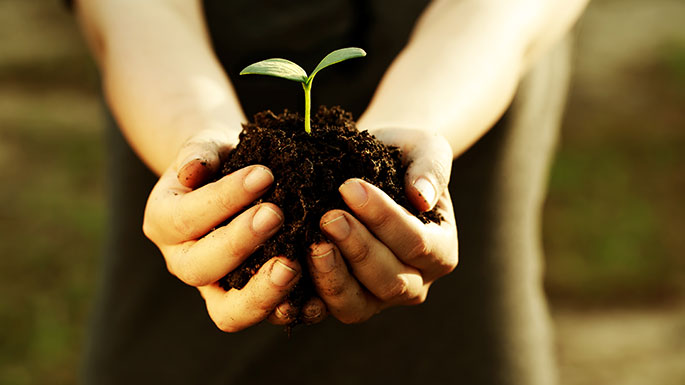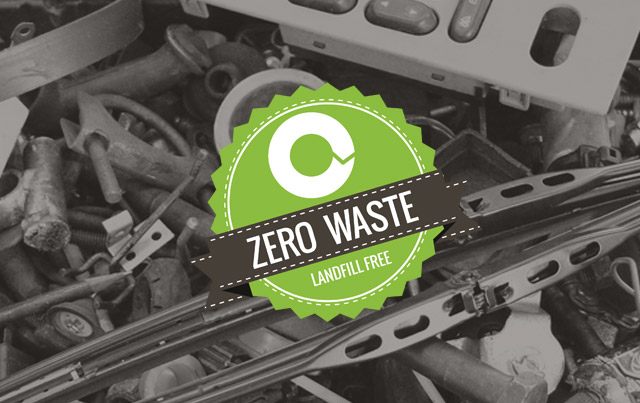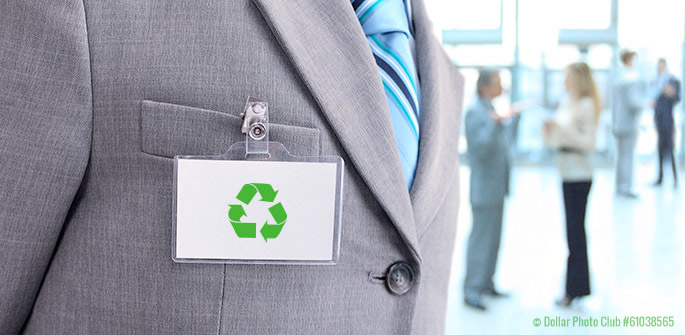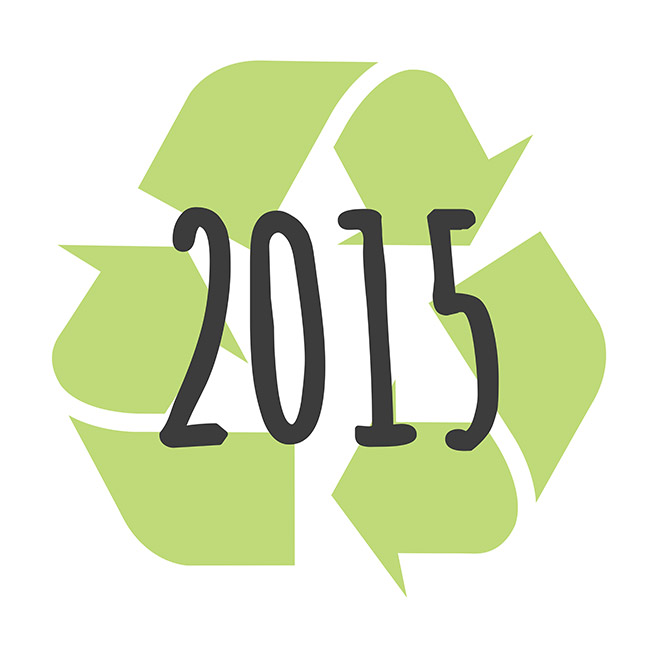
Although we sell bins for recycling, we are quick to encourage people to find alternatives methods of waste disposal. Recycling is an important part of responsible living but is only one method of waste disposal. Organic waste is best dealt with by composting, whether on the small scale in your backyard or on the large scale in huge composting plants.
What Is Organic Waste?
The phrase organic waste includes basically anything that used to be living, and can be divided into green waste and brown waste. Green waste is high in nitrogen and includes most food waste as well as grass clippings and garden cuttings. Brown waste is high in carbon and covers paper, wood, and hay. The distinction becomes important when we talk about the composting process.
Many people think it’s fine to throw organic waste in the landfill because it’s natural and biodegradable. While that’s true, there are environmental problems with allowing organic waste to simply rot in a pile. This is why some communities offers specialized bins for recycling yard waste so it can be disposed of in a more environmentally sound manner. One of the biggest concerns is the production of methane.
The Methane Problem
When organic waste degrades in the absence of oxygen, say because it’s buried under piles of other trash in a landfill, it gives off methane gas. This is both good and bad. The reason it’s bad is that methane is one of the most severe greenhouse gasses. A given amount of methane has twenty times the greenhouse effect of the equivalent amount of carbon dioxide.
However, methane isn’t just waste. It’s a valuable fuel source. When you use bins for recycling yard waste, the material can be left to decay in facilities designed to recover the methane and burn it for energy. Methane burns very cleanly, and the emissions from burning methane are much better for the environment than the methane itself.
Recently, methane applications for creating electricity have been used in framing. Cows emit a massive amount of methane through belching and a lesser amount through flatulence. Farmers can deploy an anaerobic digester that internally combusts methane; converting it to power.
Composting As A Solution
Dealing with organic waste on a large scale becomes more problematic, and the move to community compositing has been slow. Bins for recycling broader ranges of organic material, such as food waste, can generate odors or attract bugs. Large composting facilities are more expensive to build than landfills. Although your community might not compost, you can do so yourself.
Composting isn’t all that difficult. With the right ratio of green to brown waste, and occasional mixing to keep the compost “cooking”, you can produce rich and natural fertilizer for your yard. The carbon and nitrogen get returned to the soil rather than given off as greenhouse gases. It’s good for your garden, good for climate change, and good for shrinking our landfills.
A healthy waste management attitude looks at everything from the products you purchase to how each item is disposed of. By making use of both bins for recycling and bins for composting you can reduce your contributions to the landfill to nearly zero.




































































































































 How Can I Achieve Zero Waste?
How Can I Achieve Zero Waste?  13 Secrets For A Successful Zero-Waste Event
13 Secrets For A Successful Zero-Waste Event  7 Days of Recycling
7 Days of Recycling 

Hi – What about for paper products that are recyclable, such as junk mail? Any thoughts on whether diverting some of that paper, especially non-glossy paper, to your compost is better for the environment?
Hi Daniel,
With paper, we recommend recycling whenever possible so that it can be remade/reused into a new product. However, non-plastic lined paper can be a useful carbon source for balancing your compost pile and can reduce its odor. It also works great for lining smaller under-counter or kitchen compost bins.
Pingback: Does Heinz' Recycling & Its "Environmental Stewardship Strategy" Go Far Enough? | CleanTechnica